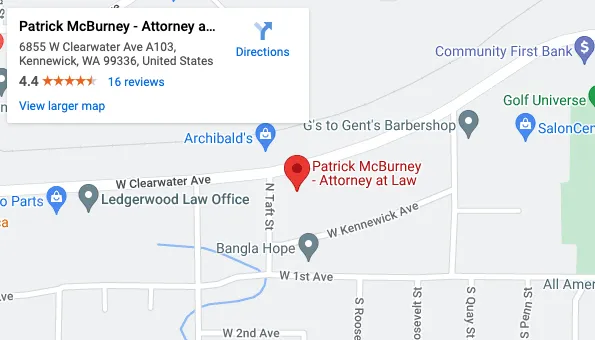What is the difference between chapter 7 and chapter 13?
Chapter 7 allows most people to discharge their debts in a short period of time (usually about four months) and get a fresh financial start. From a bankruptcy lawyer’s perspective, preparing a Chapter 13 case is very similar to a Chapter 7 case.
But the principal difference is this: you prepare a plan of repayment in Chapter 13 to reorganize your finances, and you make payments according to that plan. The Chapter 13 trustee will assist with completing the process anywhere between 36 to 60 months.
Given a choice between being in bankruptcy for 4 months to being in bankruptcy for 3 to 5 years, most people would choose to file for Chapter 7 over Chapter 13.
10 Reasons to File for Chapter 13
It seems obvious that Chapter 7 would be preferable to Chapter 13 since logic dictates that the less time spent in bankruptcy, the better. However, even though Chapter 7 is usually preferable, Chapter 13 might still be for you.
Following are ten common reasons people file for Chapter 13:
- You’re ineligible to file Chapter 7 because your income is too high.
- You’re ineligible to file Chapter 7 because you filed Chapter 7 less than eight years ago.
- You’re behind on your mortgage, and you need to reorganize your finances to permit you to keep your home.
- You need to invoke the automatic stay to get your automobile back from the repo man or to stop a home foreclosure, a garnishment, or even a lawsuit.
- You want to keep an item of property that would otherwise have to be sold if you filed Chapter 7.
- Your driver’s license is at stake, and you need to reorganize and set up a payment plan in order to keep your license or get it back after it’s been suspended.
- You want to cram down a loan. This means that you have a loan that has collateral, such as a car loan. Say you owe a lot more money on your car that is more than it’s worth. Chapter 13 will allow you to adjust the loan and only pay back the amount of the value of the collateral (i.e., the car is the collateral in this case)—that is a cramdown.
- You need to repay certain debts and prevent creditors from going after an ex-spouse or other co-debtor. Chapter 13 has a unique feature called the co-debtor stay, which means that if you and your ex-spouse have a loan obligation together, your bankruptcy will protect that person even if he or she hasn’t filed for bankruptcy.
- You own a small business, and you want to continue operating that business while you’re going through bankruptcy.
- You need a broader discharge than you’d otherwise get in a Chapter 7 case. Some debts that are not discharged in chapter 7 can be discharged in chapter 13. For example, non-criminal governmental charges.
Get Expert Legal Advice for Chapter 7 & 13
If one of the above reasons applies in your situation, consult with an attorney. Chapter 13 is very complex. If you are going to file Chapter 13, you will need to consult with a lawyer. You will need a lawyer to make sure your Chapter 13 plan is approved.
Patrick McBurney and our experienced legal team are here to support you no matter what debt or bankruptcy situation you’re going through. Give us a call at (509)-374-8996 so we can meet you in our Kenneck office or over Zoom.


